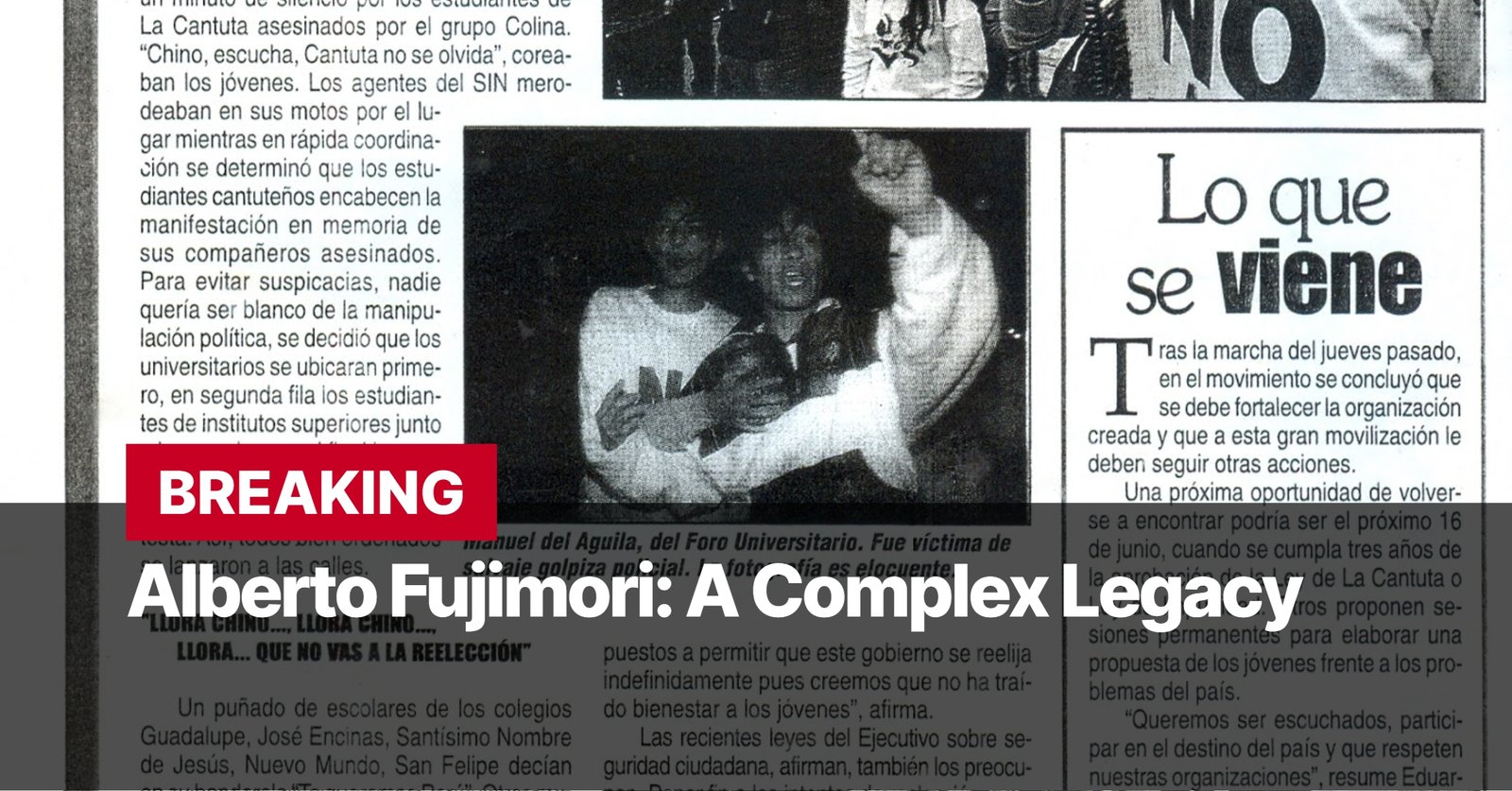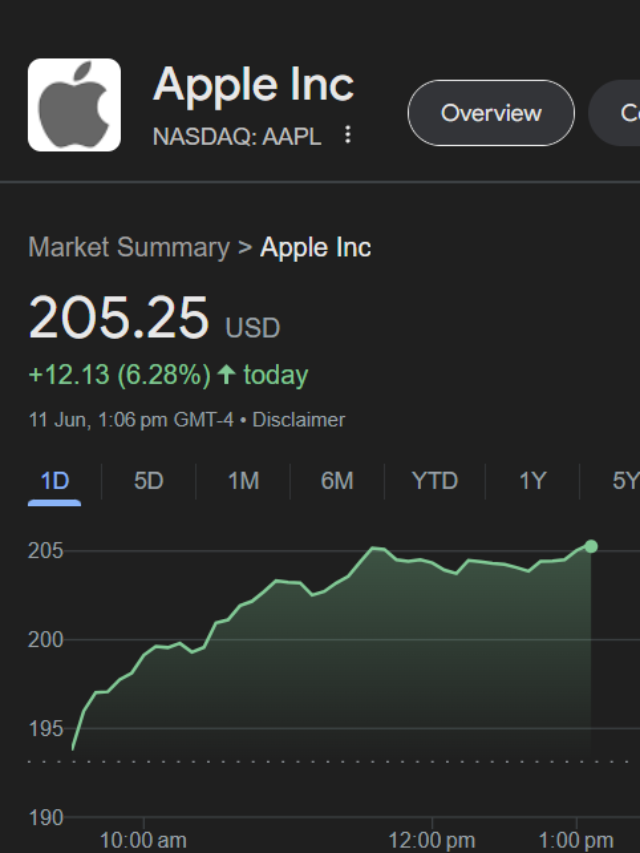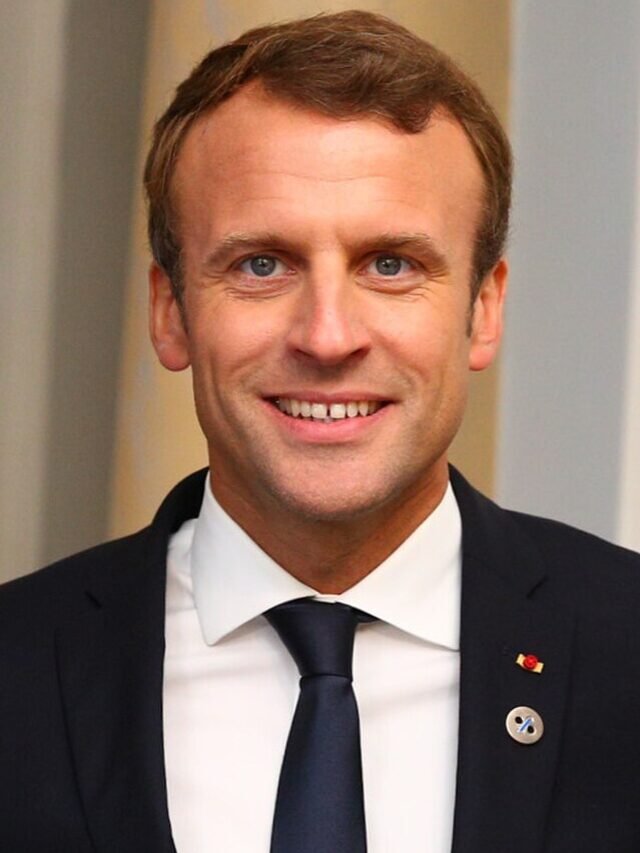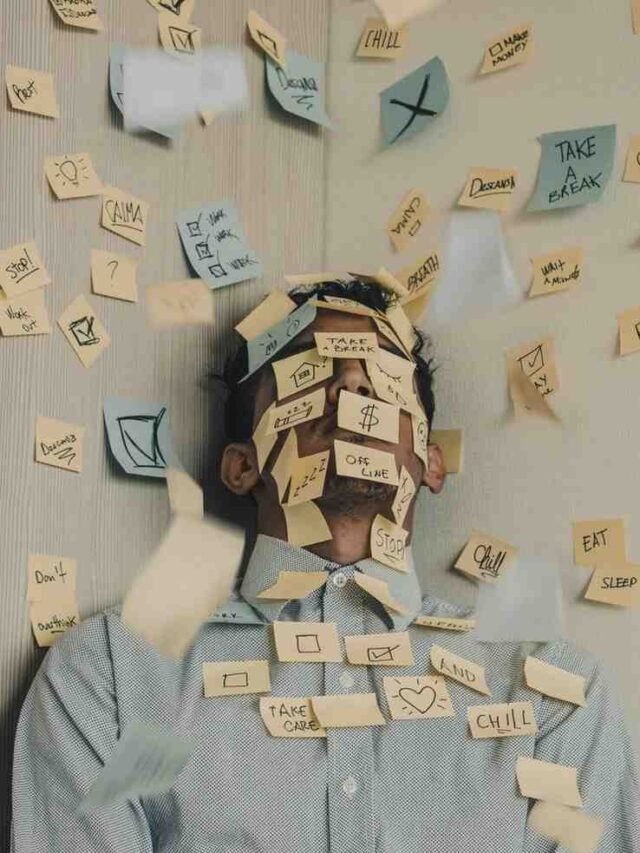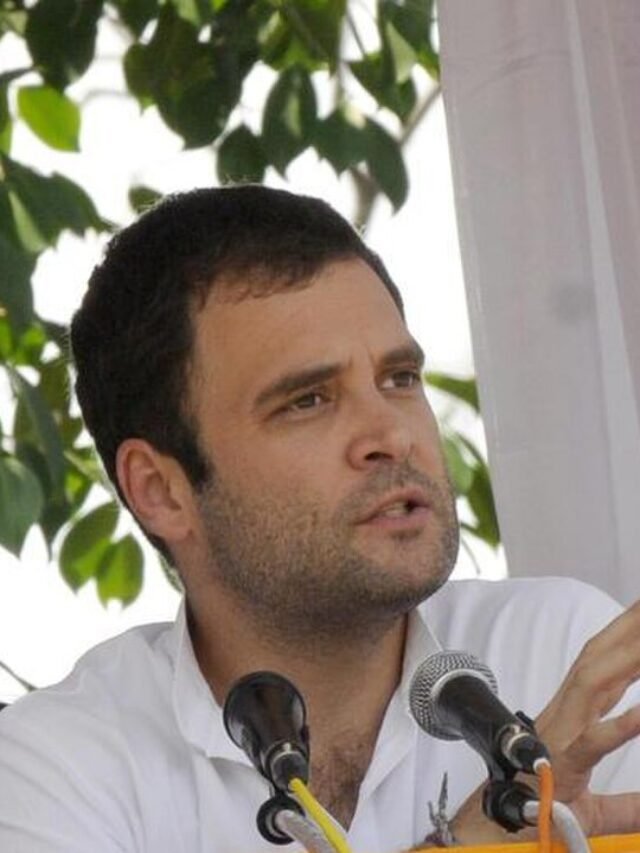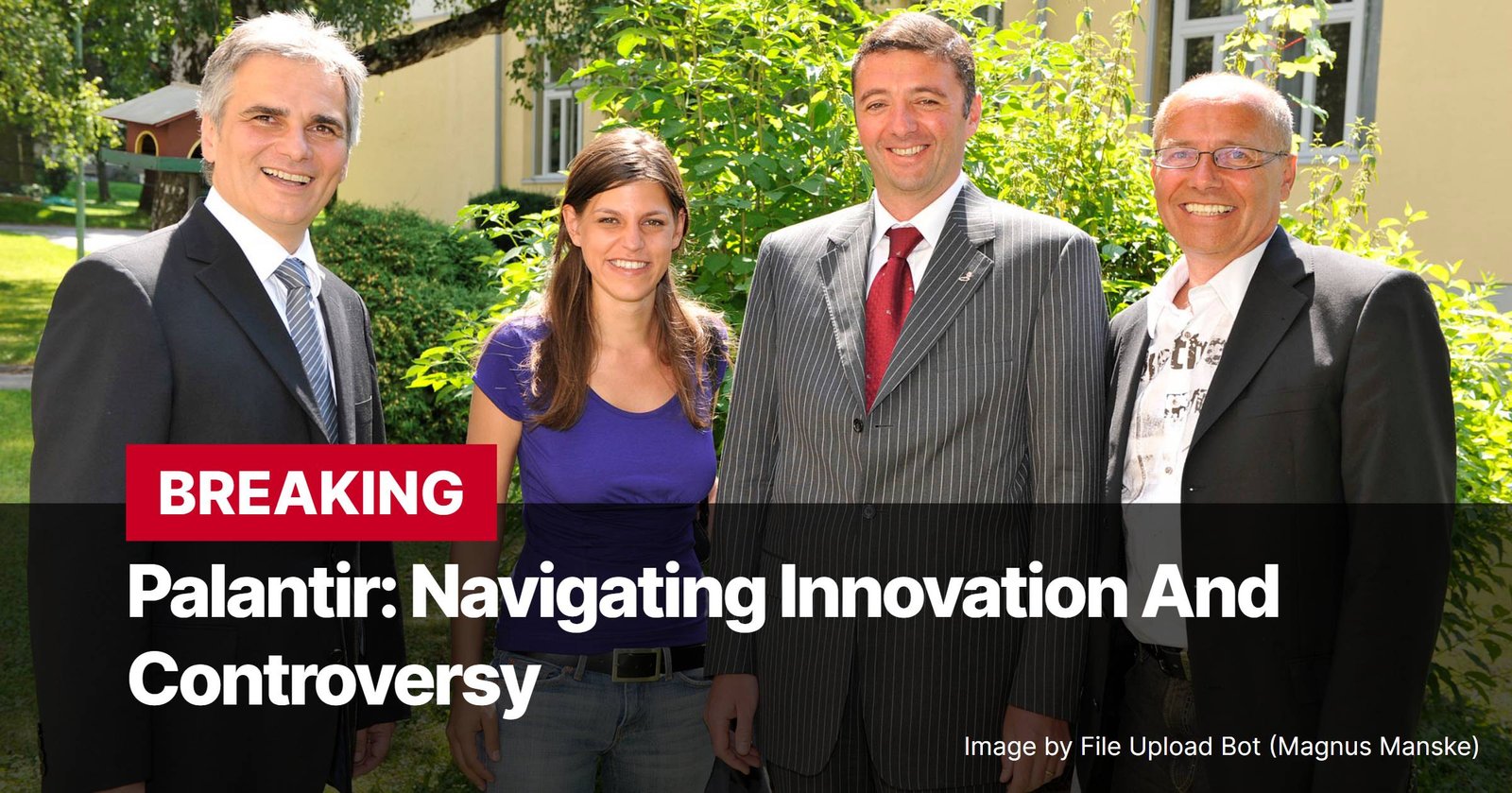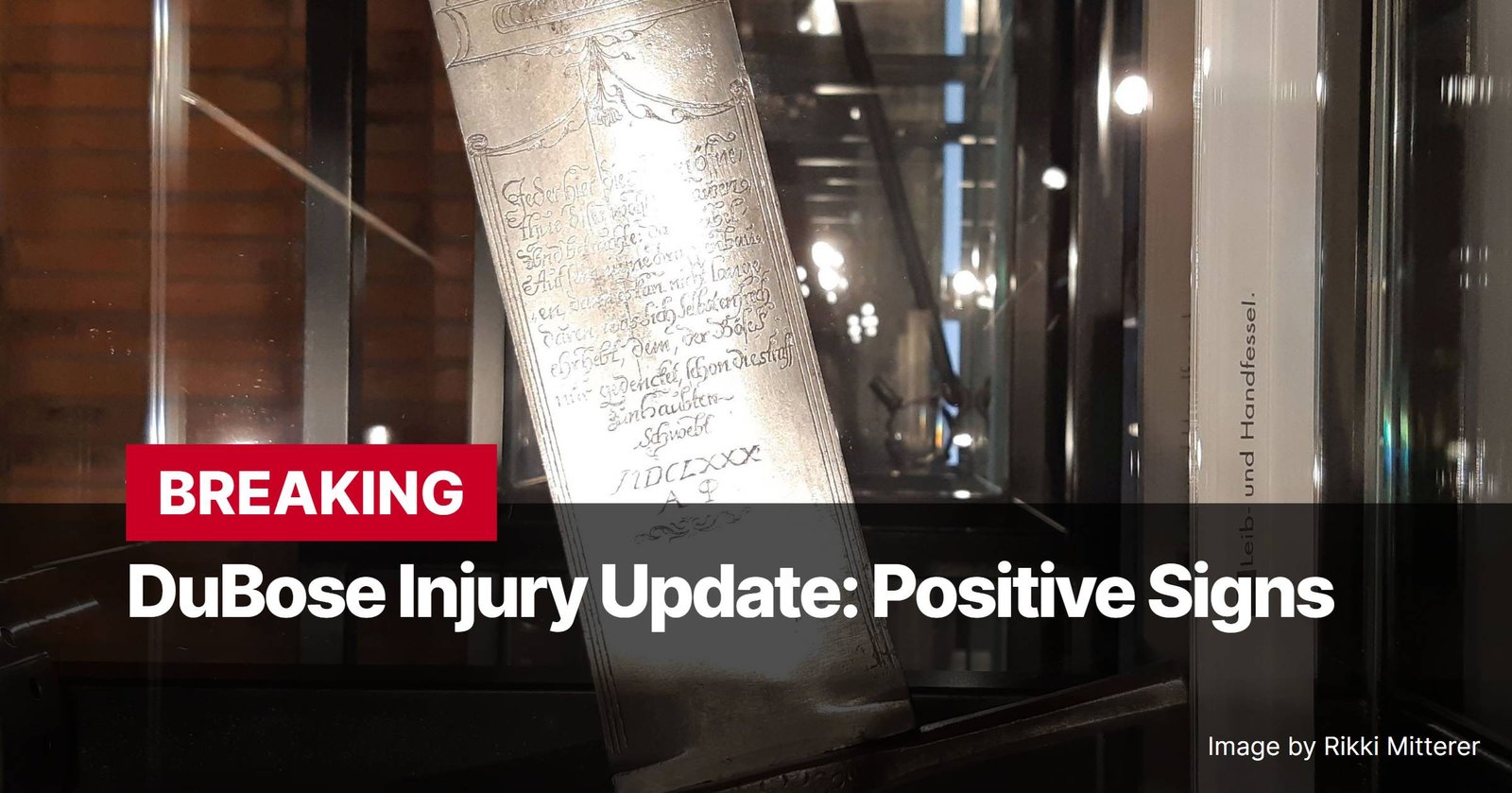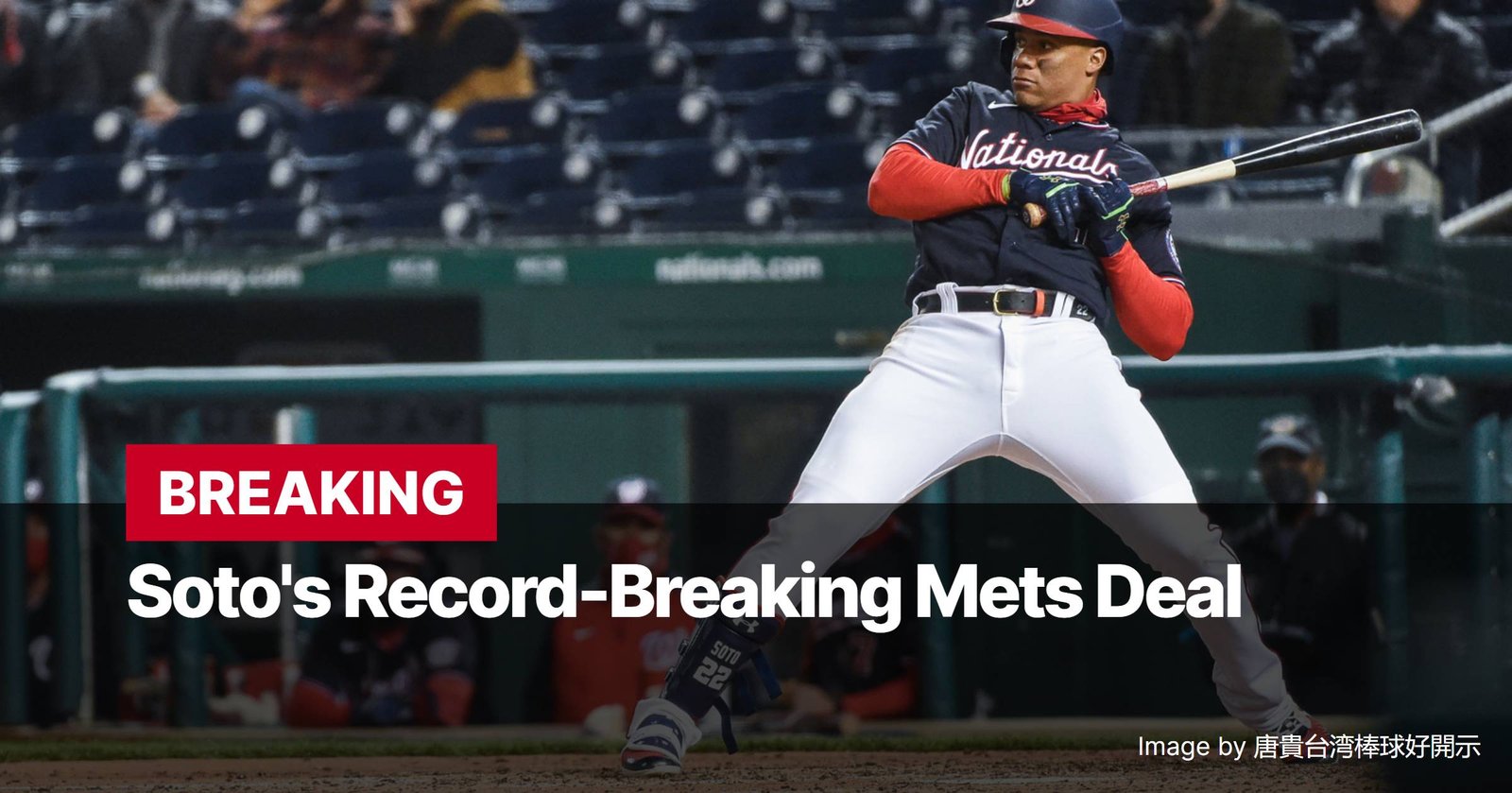The death of former Peruvian president Alberto Fujimori on September 11, 2024, has once again brought to the forefront the complexities of his legacy. A figure who was both celebrated and reviled, his life and political career embodied the contradictions of Peru’s tumultuous modern history.
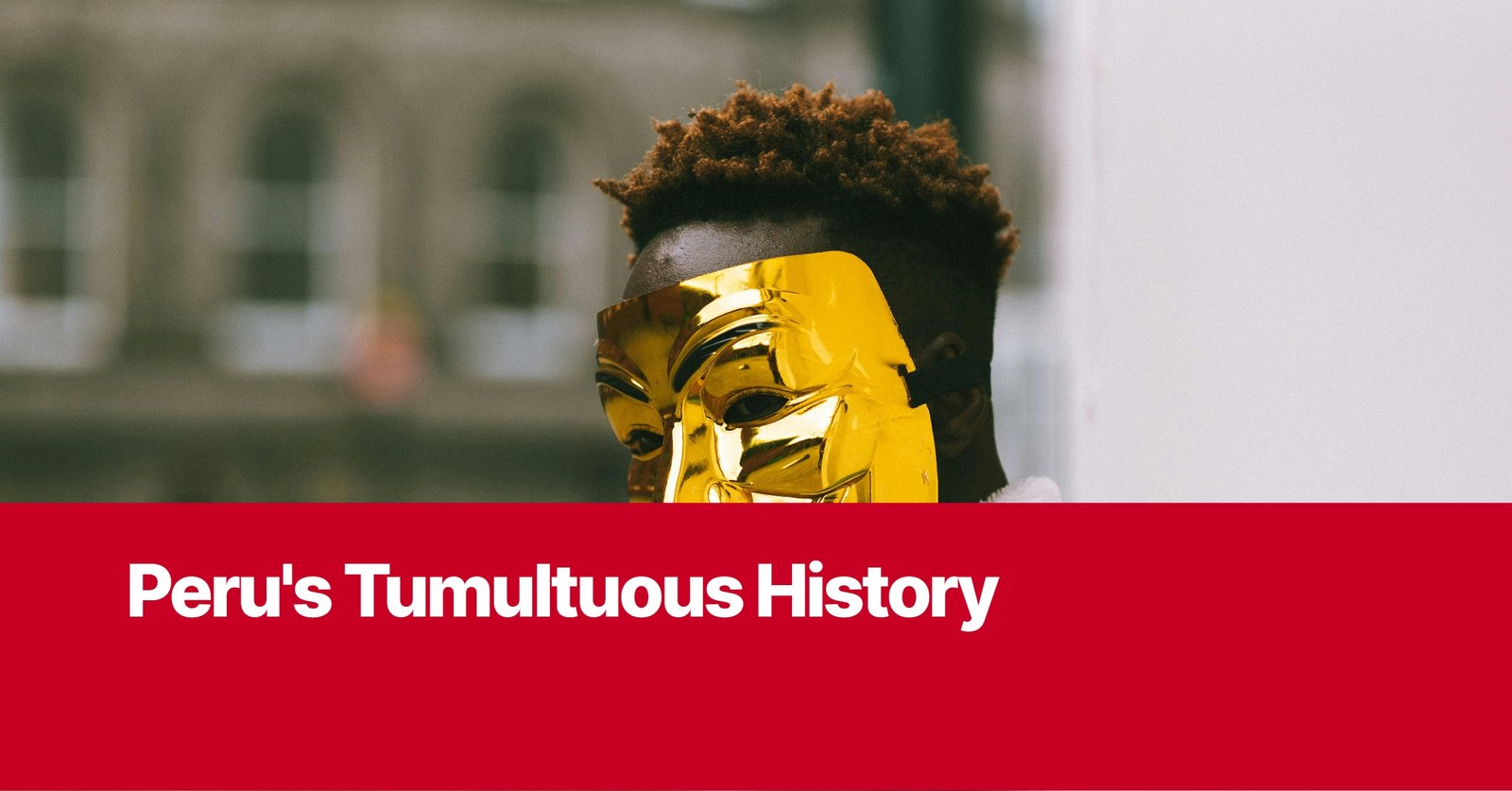
Fujimori’s rise to power in 1990 was a surprise. He presented himself as a technocrat, an outsider who could bring stability to a country ravaged by economic crisis and a violent insurgency. His campaign resonated with a population weary of traditional political parties and their inability to address the pressing issues of the day.
His early tenure as president was marked by swift and decisive action. Implementing neoliberal economic reforms known as the “Fujishock,” he stabilized the economy, curbed hyperinflation, and attracted foreign investment. He also launched a successful campaign against the Shining Path insurgency, a brutal guerrilla group that had plagued the country for years.
However, Fujimori’s methods were often controversial. He shut down Congress in 1992, dissolving the judiciary and assuming extraordinary powers, a move that was condemned by the international community. His government was also linked to extrajudicial killings and human rights abuses, including the forced sterilization of indigenous women.
By the late 1990s, Fujimori’s authoritarian tendencies had become increasingly evident. He sought a controversial third term in office, amid allegations of electoral fraud and corruption. In 2000, facing mounting accusations of widespread corruption and human rights abuses, he fled to Japan.
His escape marked the beginning of a long legal saga. He was eventually arrested in Chile in 2005 and extradited to Peru, where he was convicted of various crimes, including corruption, human rights violations, and embezzlement. He was sentenced to 25 years in prison.
Fujimori’s legacy remains a subject of intense debate in Peru. Some remember him as a savior who brought order to chaos and restored the country’s economic stability. Others view him as a dictator responsible for countless human rights violations and the erosion of democratic institutions.
Recent news reports highlight the continuing controversy surrounding Fujimori’s pardon in 2017 and his subsequent release from prison in 2023. His death has once again sparked discussions about the nature of his legacy and the complexities of reconciling his achievements with his crimes.
As Peru moves forward, grappling with its past and the ongoing challenges of poverty, inequality, and corruption, the memory of Alberto Fujimori will likely continue to be a source of both division and debate. His story is a reminder that even in the face of significant challenges, there is no easy path to justice and reconciliation.







